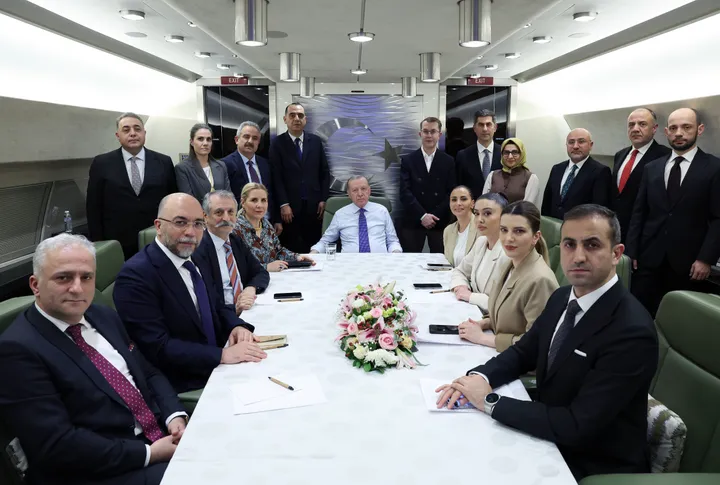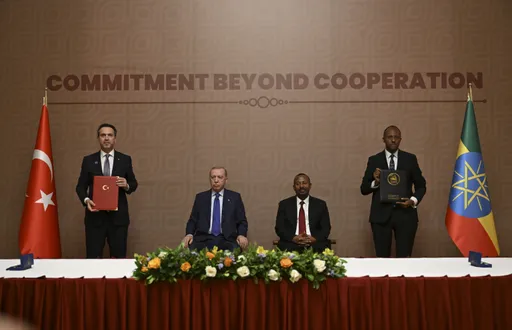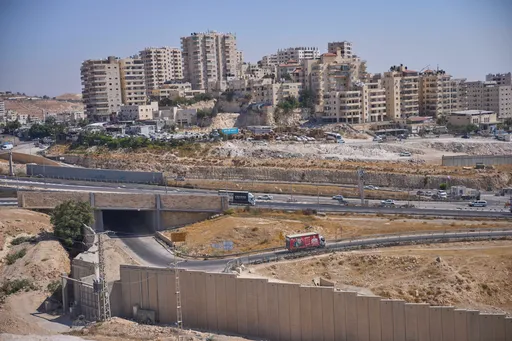Turkey is holding both presidential and parliamentary elections on June 24, nearly 60 million voters, at home and abroad, are expected to go to the polls, according to the country’s Supreme Election Council (YSK).
There are a total of six presidential candidates and 10 political parties contesting the elections.
The voting will be held from 8:00 am to 5:00 pm local time (0500 GMT to 1400 GMT) across the country.
Over 650,000 disabled and nearly 2.5 million elderly voters – aged over 75 years – will be assisted at polling stations.
A total of 2,400 people in 271 towns have applied to use mobile polling boxes, which will be used for the first time and the boxes will be taken to the sick and bed-bound patients.
And 1.65 million people will vote for the first time.
Calendar for second round of presidential elections
If no presidential candidate gathers an absolute majority of valid votes in the first run, two candidates who got the most votes will contest in the run-off that is planned to take place on July 8.
If, for any reason, there is only one candidate in the second round, the election will take place as a referendum.
The winning candidate must obtain more than 50 percent of the vote to become the president.
If the candidate fails, a presidential election rerun will be held and the incumbent president remains in office until a new president is elected.
New ballot paper
For the elections, two new ballots have been designed, one for the parliamentary elections and one for the presidency.
Photos of the six candidates feature on the presidential ballot.
Eight political parties and two alliances will contest on the parliamentary ballot.
The names of the parties’ member of parliament candidates for the district also will appear on the ballot.
Two of the parties' candidates will be under other parties' lists: BBP under AK Party's and DP under CHP's list under the alliances.
Ballot box security
Opposition parties are criticising some changes brought in March by legislation that also allowed the political parties to form an alliance for the elections.
According to the legislation, the ballots will be able to be relocated should security concerns arise. If a governor or representative of the electoral board demands the removal of the ballots for security reasons, the ballots will be taken to the nearest safe electoral region.
Governors of 20 cities applied for the relocation of the ballots, the YSK said on Monday in a statement.
The ballots in 19 cities, including the southeast cities Diyarbakir, Hakkari and Batman, will be removed to safe locations or be joined with the nearest electoral region, it said.
“The number of the voters that will be affected by the relocation of the ballots is 144,000,” said Sadi Guven, the head of the YSK. That makes around 0,24 percent of the total votes.
The government says the PKK terror organisation imposes pressure on voters in rural areas of eastern and southeastern Anatolia. Whereas, critics say the move could lead to election fraud.
Another change by the latest bill was on voting ballots and envelopes. Ballots and envelopes without the YSK stamp, unless they are proven to be brought in from outside, will be valid.
That practice was applied in the latest referendum last April, caused widespread debate. Political parties within the opposition claimed that fake ballots without stamps were put in the boxes to change the results.
The ballot boxes officials’ stamp next to local electoral board’s stamp is a further security measure against fake ballots. But some of these officials “inadvertently” do not seal the ballots on occasions.
By the new amendment, if any of local officials of political parties do not allege the ballots are fake or the ballots have not been provided by officials, those ballots which were “inadvertently” not sealed will be seen as valid by the Supreme Election Council.
So, a ballot that has the watermark and the emblem of the Republic of Turkey Supreme Election Council, and the stamp of the general electoral board, will be valid.
“The Interior Ministry took all the necessary precautions ahead of the elections in order to guarantee safe voting,” Turkish President Recep Tayyip Erdogan told TRT World in a special interview on Wednesday.
Ballot Box Committees
Ballot box committees are responsible for supervising the voting process, documenting all steps and assisting citizens when needed.
They are composed of one president, six original and six reserve members.
Provincial election board assigns one president from public officers and ask the five most popular political parties in recent elections to assign one original and one reserve member for each ballot in that district.
The committee also enters the results of each ballot box into the SECSIS, software which is an electronic election management system, to obtain speedy results.
Also, independent international organisations such as Organisation for Security and Cooperation in Europe (OSCE) will send teams for observation before and during the elections in Turkey.
The results are made accessible to political parties and preselected media organisations as soon as possible.
The final results of the elections will be announced by the YSK on June 29.























